Article of the week
Sachsen. Christian II. Johann Georg I. und August,
1 591-1611. 10 Dukaten 1611, Dresden, auf den Tod
Christians II. am 23. Juni. NGC: MS 65.
Von allergrößter Seltenheit.
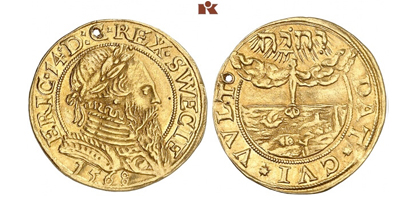




1665-1679. Löser zu 6 Reichstalern 1679, Zellerfeld.
Geprägt und verteilt anlässlich der Beerdigung
Johann Friedrichs. Aus Sammlung Salton und
Sammlung Meyerhof, Auktion Schulman 171 (1930),
Nr. 156. Äußerst selten. Fast vorzüglich.
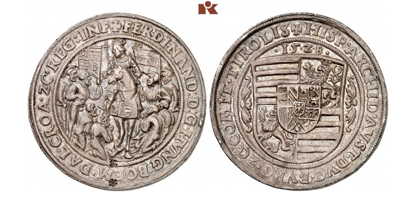
News
ANA World’s Fair of Money 2024: Waiting for the Election
The world’s largest coin show once again attracted collectors and dealers from around the globe. But for US numismatists, the show certainly was not business as usual – the eyes of the industry are on Washington.
Friedrich Popken (1940-2024)
On 27 July 2024, Friedrich Popken passed away at the age of 84. As well as being a well-known entrepreneur, he was also a highly esteemed coin collector who supported and promoted many numismatic projects. An obituary by Fritz Rudolf Künker.
The Winners of the COTY Award 2024
At the World’s Fair of Money, the winners of the prestigious Coin of the Year (COTY) Awards were honored. Find out here which coins won the category awards and which country took home the award for Coin of the Year.
The World’s Smallest Coin
Now it is official: Croatia’s 1-kuna coin dedicated to the town of Hum holds the Guinness World Record as the world’s smallest coin!
Heimerle + Meule Group becomes HM Precious Metals
Following a number of major acquisitions in recent months, the Heimerle + Meule Group is now adapting its name – not least to make it easier to pronounce internationally.
How AI Is Transforming Numismatics
Can entire numismatic reference books be written by artificial intelligence? Are ChatGPT and similar technologies becoming competitors for news portals, specialist publishers, and PR agencies? What can AI truly achieve? We put it to the test.




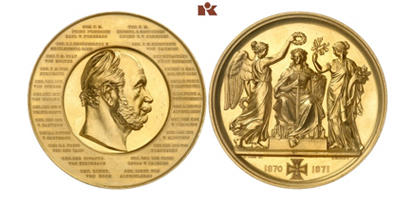
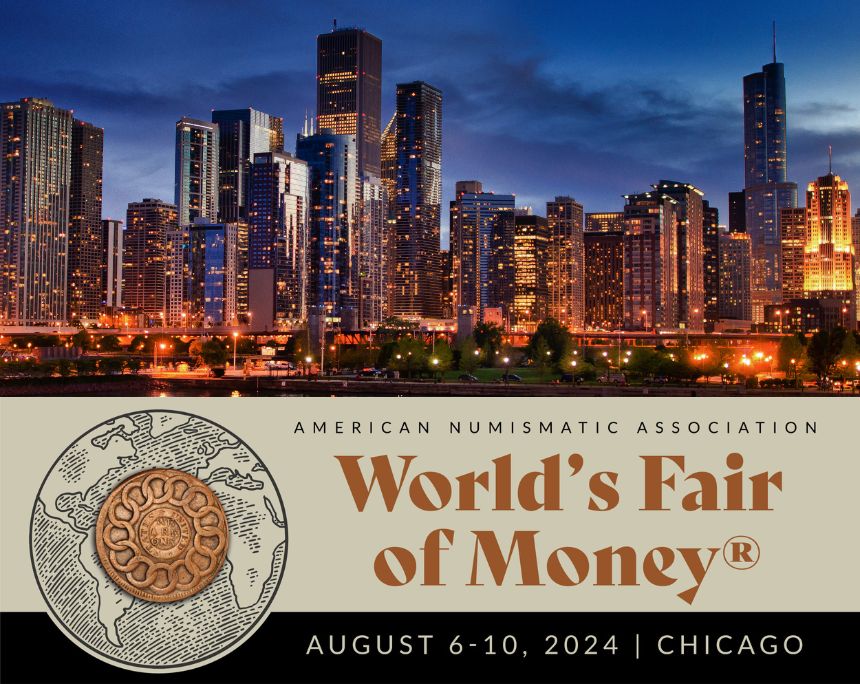

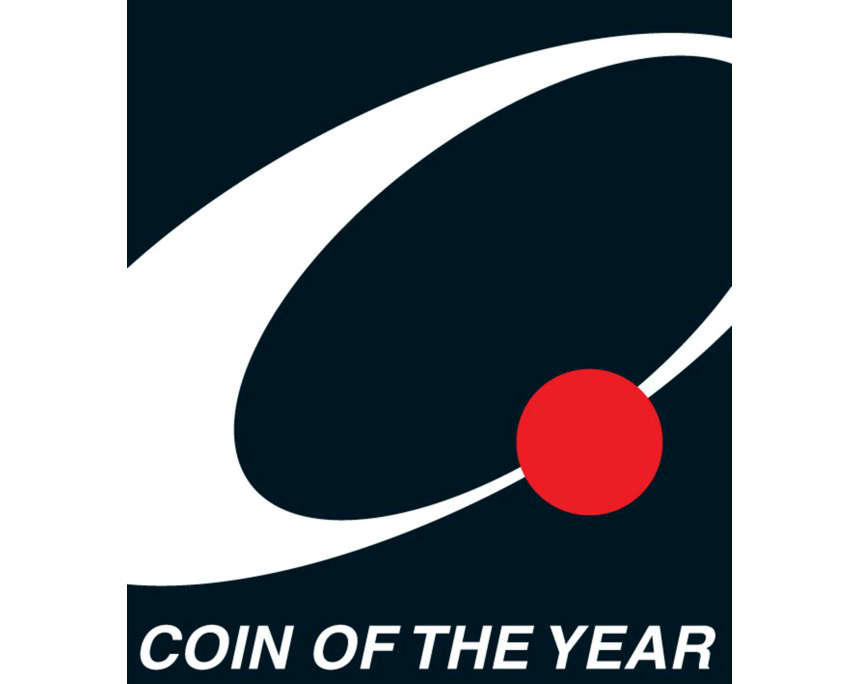
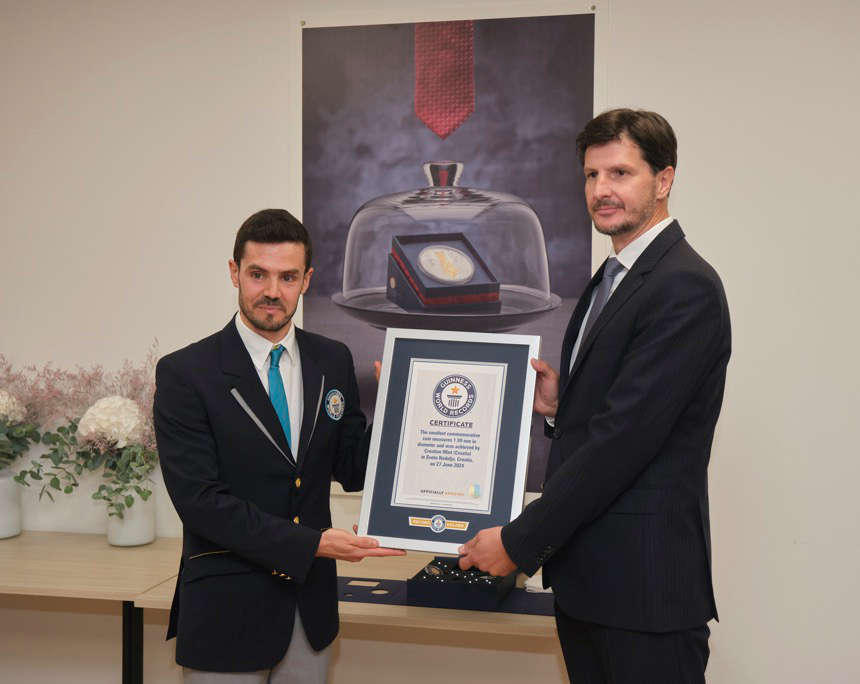



Münster, Osnabrück, Passau and the Counts of Lamberg
Münster, Osnabrück and Passau: How are these places related to the Counts of Lamberg? We use coins from Künker’s auction 424 to illustrate how noble families in the Holy Roman Empire climbed the social ladder in early modern times, and explain the reasons for and the consequences of such ascents.